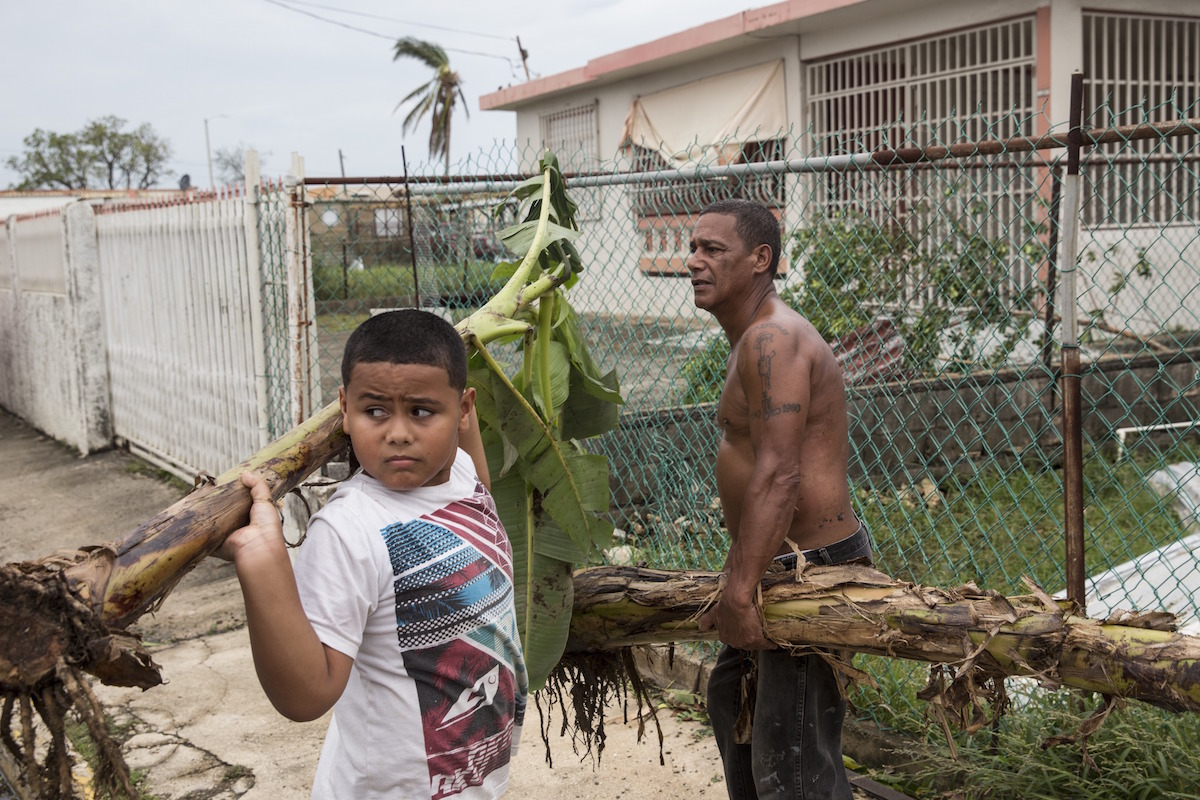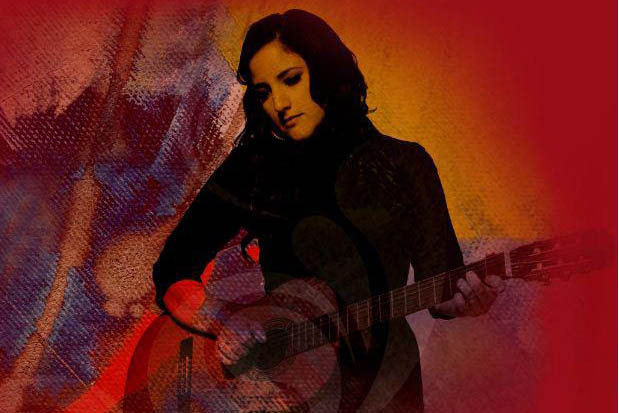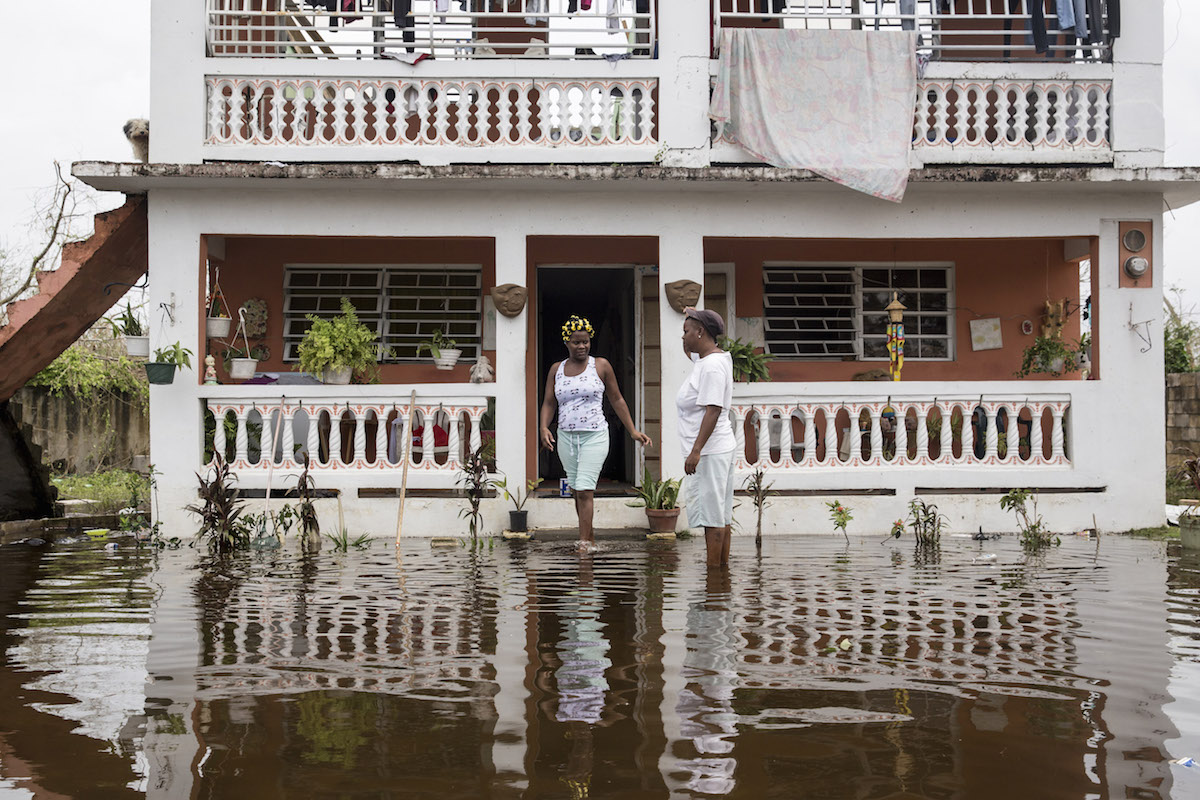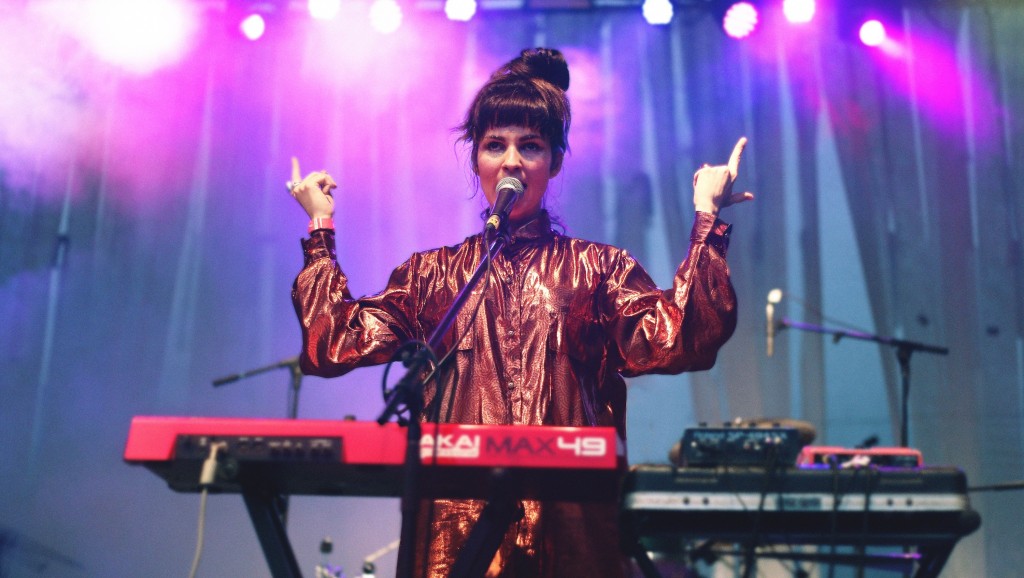Last week, a new initiative launched to deliver financial aid directly to Puerto Rico’s independent music scene. Organized by Buscabulla‘s Raquel Berrios and Luis Alfredo Del Valle, along with Latina folk and rock stalwart Ani Cordero, the Puerto Rico Independent Musicians and Artists Fund (PRIMA) aims to directly serve that community, which until now wasn’t specifically identified by any other fundraising effort.
Both Berrios and Cordero stress: This is an emergency fund.
“People are leaving; people have already left,” Berrios says. “People are running out of money and running out of options.”
Donations received will be released as $500 micro-grants on a rolling basis; Cordero says three to four recipients will be announced this week. They want cash in the hands of independent musicians by Christmas, she explains.

“That is our world, and we know what it’s like as musicians to live so close to the edge anyway,” Cordero says. “And to have something like this hurricane come along and cancel all your gigs; it’s a pretty heavy blow.”
Feeling desperate, helpless — these are common descriptors stateside Boricuas ascribe to tracking Hurricane María from September 20, when the storm battered the island. They watched from afar as the disaster devolved into a dangerous humanitarian crisis. Today, two-and-a-half months later, recovery remains a faraway goal: Electricity restoration hangs around 40 percent, and about 20 percent of Puerto Ricans still don’t have water service. The complications of those numbers — and the agonizing lag of getting there — have wrought fatal consequences. Even at its least impactful, the sluggish recovery has absolutely stalled people’s lives.
Alfredo Richner, founder of beloved music blog Puerto Rico Indie and owner of the Discos Díaspora label, has worked with the PRIMA team from the get-go as an on-the-ground consultant. Polling Facebook to identify needs within the scene — significant damage to people’s homes, loss of property and gear, dwindling or depleted income and savings — was a step Richner took before the fund was started. He spoke separately to Berrios, who, with her partner, remains well-connected to the island’s scene. Cordero visited earlier in the year and had expressed wanting to get more involved. On his suggestion that they connect, the two New York-based musicians, who hadn’t met before, began brainstorming.
The crew was quick to realize that financial assistance would be the most efficient means of immediate relief, but they’d need help: depending on the total donations, organizers could be liable for that money tax-wise, and creating a nonprofit could take months to process. Berrios says the owner of La Respuesta, the longstanding Puerto Rico independent music venue, connected them with the iconic Pregones Puerto Rican Traveling Theater to better navigate the tangles of legal aspects and ensure tax-deductible donations.
“It was almost like a miracle,” Berrios notes. “When [Pregones] happened, it was automatically all systems go: We created the website, did it super fast, created a logo, got friends — this is all people just doing the stuff super fast.”
Their networks combined — Buscabulla, Cordero, Richner, and Pregones are all using their platforms to spread awareness — mean PRIMA Fund’s reach is wide, but it carries a hard deadline, too. Pregones can only help through the end of the year, and regardless, the need is urgent. All funds for these micro-grants must be raised by December 17.
The other organizers understand that $500 is not a permanent solution; Richner calls it a “band-aid.” This temporary relief, however, can be more than the difference between leaving or staying on the island. For the many who’ve been out of work (some since power outages caused by Irma weeks prior), it’s a matter of paying overdue rent or a phone bill, or even buying dinner.
Already they’ve received about 200 applications, Cordero says. Berrios adds that the information received is helping them “understand the scope of the need.” The application online asks basic questions about a person’s involvement in the scene — this includes illustrators, DJs, photographers, and other critical collaborators — and how they were affected. It also asks whether or not they’re based on the island, and for those who have left, if they plan to return.

“We sort of joke, ‘What if they take the $500 and they just get a ticket and leave Puerto Rico?’ But at the same time, we’re still helping people out,” Berrios says. “We hope that through the contribution…that they definitely know we’re giving them that money because they do contribute culturally in a significant way, and at the end of the day, they decide what they do with that money. But our intention is that they keep making music and they decide to stay, and that the scene is preserved in Puerto Rico. At the end of the day, that’s what we really want.”
Cordero compares her concerns for the island’s scene with that of New Orleans post-Katrina. She hopes fellow musicians will feel compelled to uplift the effort.
“The music community has been heavily impacted, and it’s a situation where the financial reality was already difficult, and without direct support now, it’s not going to survive in the way that we know it right now,” she says. “We [as fellow musicians] can imagine how devastating it is to lose your gear, lose your gigs, and we’re relying the larger music community to step in and help, help us get the word out, help us raise funds, to do fundraisers in their own cities — anything that they can do to help.”

Berrios says she’s angling to pull corporate support through Buscabulla’s prominence. If funding from all sectors swells and sturdies, the crew, Richner included, hopes PRIMA Fund could develop a second phase. Initiatives with sustaining and growing the scene, like collaborations with artists outside the island and bringing those artists to Puerto Rico, would likely be the focus.
“It’s amazing that you can bring money in that way for the right purposes. I don’t know, it just really fills me with purpose, true purpose,” Berrios says. “Luis and I were planning to move to Puerto Rico in December to record with our daughter, our 3-year-old, and we’re still going to do it, but it might be January or February.”
Supporting the local independent music community feels like a “life mission,” she adds. Cordero says she was mid-planning for a February tour on the island when María struck.
This week, they’ll announce the inaugural round of micro-grant recipients; the first of many bandages for Puerto Rico’s wounded independent scene. With enough patching up (and plenty of long-haul perspective), that recuperation could fuel a stronger future scene — genuine redemption.
To donate to PRIMA Fund and help the island’s indie musicians survive, head over to the PRIMA Fund website. To apply for a micro-grant, click here.




